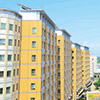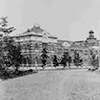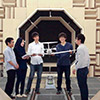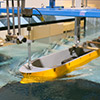Sustainable Building Energy Systems
Department of Architecture and Urban Design, Faculty of Human-Environment Studies
Department of Architecture, Graduate School of Human-Environment Studies
Department of Architecture, School of Engineering
The amount of energy consumed in the architecture field accounts for one-third for the total. Architecture field, which energy consumption ratio is high, is required to reduce the consumption of energy to realize decarbonized society. Therefore, this laboratory work on a wide range of studies such as urban energy and human behaviors.
Targeting urban architecture, we aim to clarify the future of urban energy in a decarbonized society, examining combinations between future estimations of architecture energy consumptions and multiple supplying energy devices such as solar photovoltaic power generation, storage battery, hydrogen fuel cell, etc.
In the study on human behaviors, we have conducted diverse experiments for energy conservation to explore methodological approach for the effective usage of IT devices; How to provide information to people using a building through smart-phone applications and IoT tools. How to encourage people to behave with the awareness of the importance in energy conservation.
Other than these projects, we engage in the development of a manual construction method for HAVC system simulation, and the demand response, which enables electricity consumption to be reduced by load shifting, for an example, a thermal storage tank for time shifting, avoiding peak-time use.
This laboratory tackles new problems that the architecture field confronts to pursue the ideal of urban architecture.
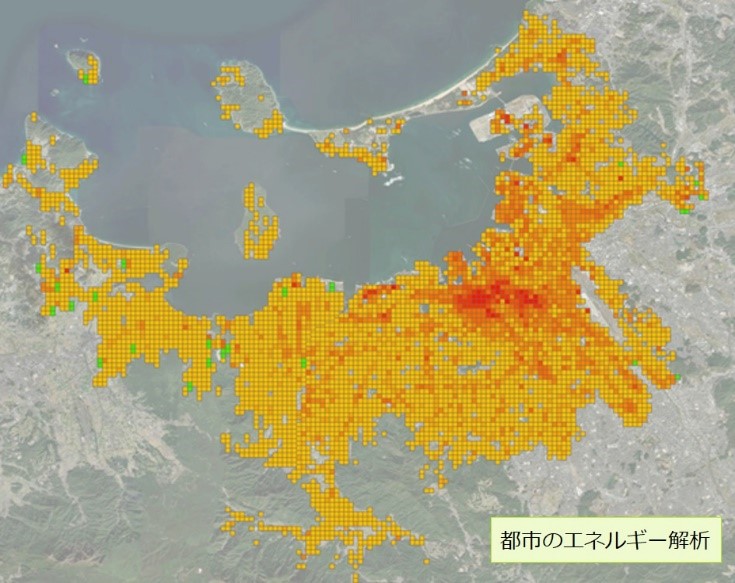
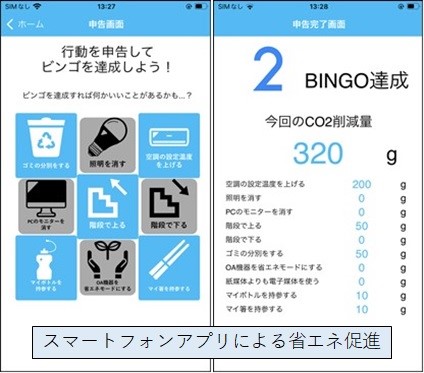
Staff
Prof. Daisuke Sumiyoshi
The Main Research Topics
- Studies on future of urban energy
- • Estimation of architecture energy demand in future, employing data information of Geographic Information System (GIS)
- • Examination of methods for optimal design in the supply system of urban energy, etc.
- Studies on energy-conservation commissioning of non-residential building
- • Development in a method of manual construction for HAVC system simulation model via machine learning
- • Development and practice of an application software for energy conservation diagnosis, etc.
- Studies on behavioral modification on energy
- • Development in diagnosis of architecture energy conservation/nudge system, employing Business Intelligence Technology (BI-Tec), etc.
- • Studies on the promotion of energy conservation of people using a building, through a smartphone application software


